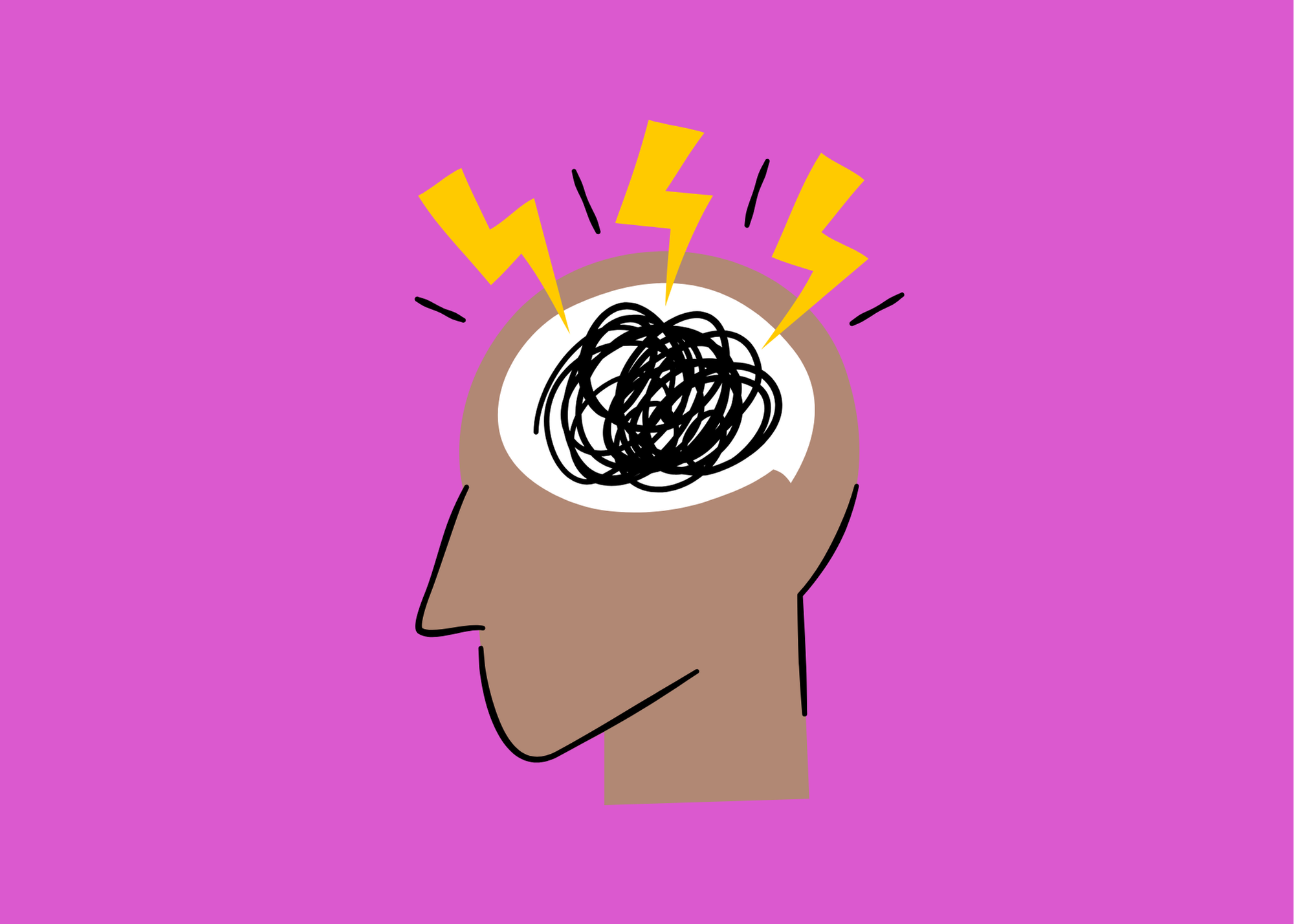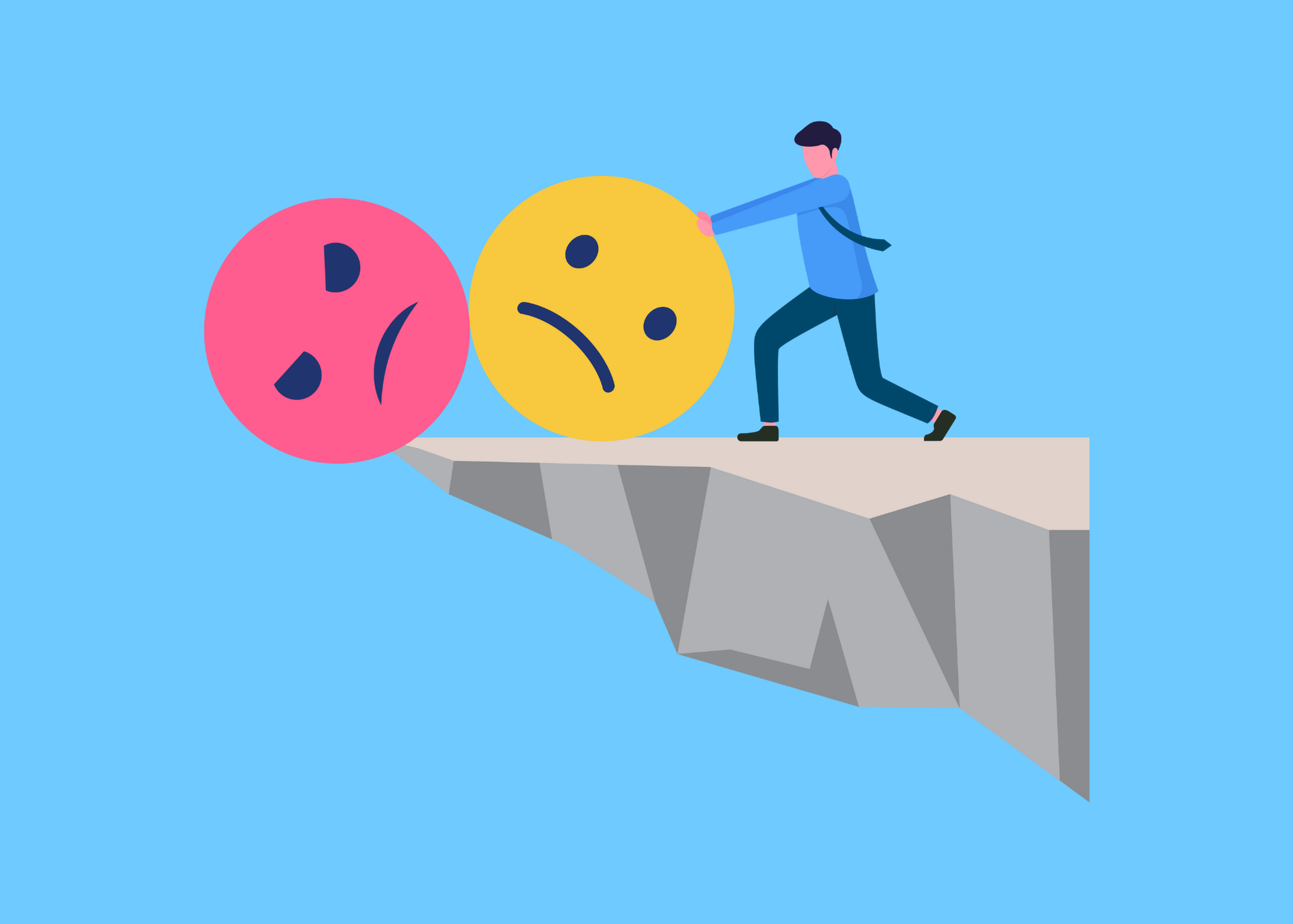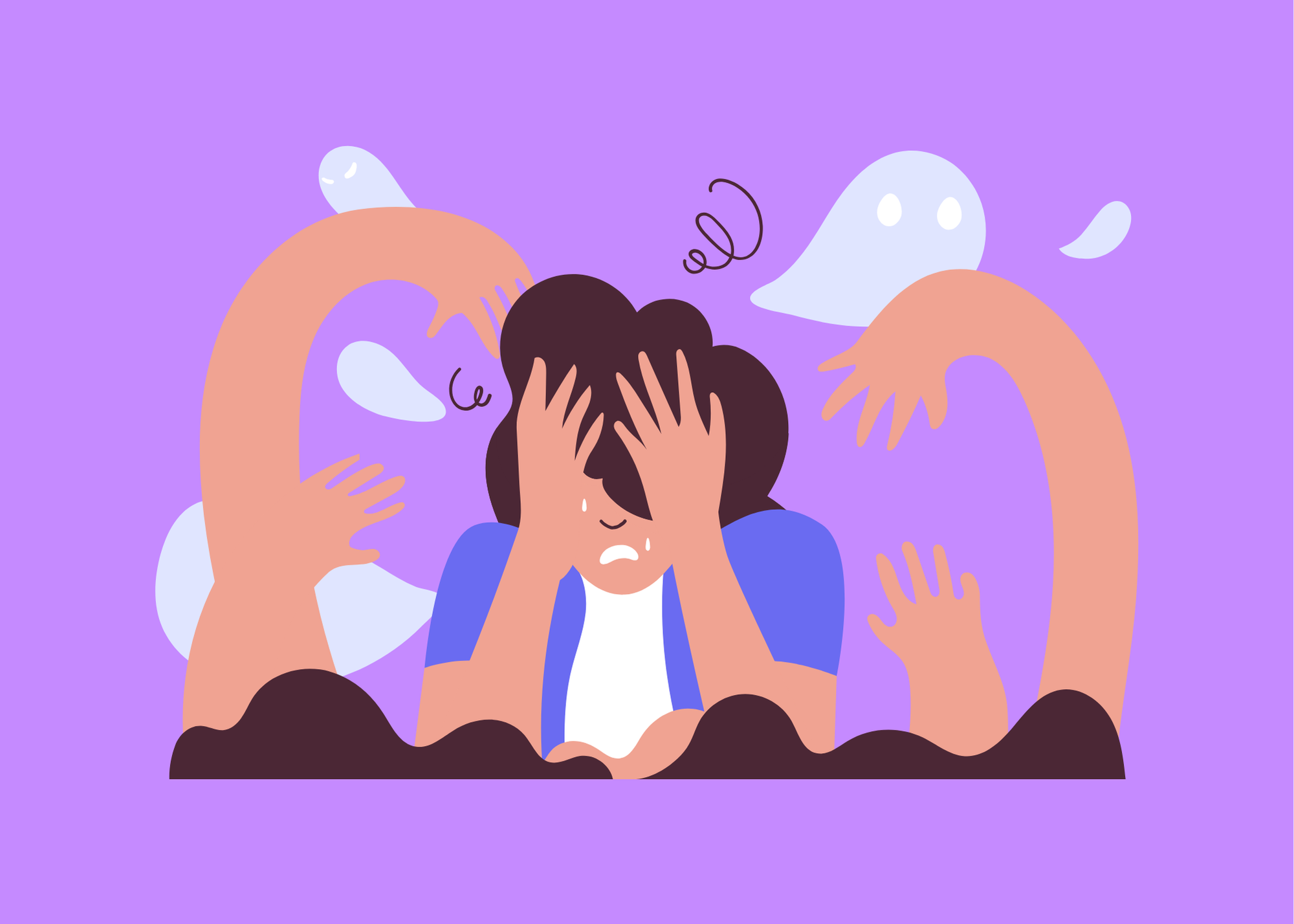Under Chronic Stress? Completing All Three Stages of the Stress Response Cycle is Critical for Healing
Complete Your Stress Cycle (Before It Wrecks Your Health)
If you're a high achiever running on caffeine, deadlines, and sheer willpower—congrats, you're human. But if you’ve been feeling perpetually tired, emotionally fried, and increasingly cynical, your body may be stuck in an unresolved stress response cycle. Welcome to the club no one wants to join: burnout.
Understanding and completing the three stages of the stress response cycle isn’t just self-care fluff—it’s biological necessity. The cycle, rooted in Hans Selye’s General Adaptation Syndrome (GAS), includes three stages: alarm, resistance, and exhaustion. If you don’t complete the cycle, your body never gets the memo that the threat has passed. It stays stuck in survival mode—and that's where burnout breeds.
Let’s break this down like the science-savvy, smart professional you are. With a little cheek and a lot of clarity.
First, Let’s Decode What’s Really Happening in a Stress Cycle
Stress triggers a survival response.
Your brain flips the switch: cortisol surges, your heart races, and your body prepares to fight, flee, or freeze. All very helpful when you’re running from a tiger. Not so much when you’re juggling Slack notifications, a crammed calendar, and back-to-back performance reviews.
When this survival state becomes your default mode, you enter the stress cycle—and stay stuck.
That stress cycle consists of three primary stages:
Alarm: The initial, immediate reaction to stress.
Resistance: Coping and adjustment to the ongoing presence of a stressor.
Exhaustion: Recovery or if stress persists without resolution, burnout.
The Three Stages of the Stress Response Cycle
1. Alarm Stage: The Initial Response
Ah, the alarm stage. This is your body’s "Oh no, we’re in danger!" moment. It doesn’t care whether the danger is a charging lion or your boss’s 10 PM Slack message. The result is the same: fight, flight, or freeze.
What’s Happening in Your Body:
Adrenaline and cortisol flood your system
Heart rate spikes, blood pressure climbs
Digestion and immune function take a backseat
Pupils dilate, muscles tense, and breathing goes shallow
You’re biologically primed for action. Great for escaping predators. Less great when you're just trying to survive another back-to-back Zoom day.
Symptoms You Might Recognize:
Racing heart
Trouble focusing
Irritability or panic
Hyper-productivity (aka stress-fueled overdrive)
How Long Does This Stage Last?
Timeline for Acute Stress: For most individuals dealing with acute stress, the alarm stage lasts minutes to hours, depending on how quickly the stressor is resolved.
Timeline for Complex Trauma: For individuals with complex trauma, the alarm stage can persist intermittently for years, often triggered by reminders of past experiences. This ongoing activation occurs because the brain and body remain hypervigilant, perceiving threats even in situations that may not be dangerous.
This prolonged state of alarm underscores the importance of trauma-informed strategies for healing.
How to Complete This Stage:
Move Like Your Life Depends on It (Because Biologically, It Does):
Walk, dance, stretch, punch a pillow—just move to metabolize stress hormones.
Breathe Deeply and Often:
Try box breathing: Inhale 4, hold 4, exhale 6. Repeat until your nervous system stops sounding the alarm.
Name the Threat:
Label the stressor out loud or in writing: "I’m feeling overwhelmed because I’m taking on too much." Naming it lessens its power.
2. Resistance Stage: Coping and Adjustment
This is where most high achievers set up camp. The body tries to find balance, but you keep tossing more logs on the fire: emails, workouts, social obligations, that last-minute pitch deck. Cortisol stays elevated. You look fine on the outside. Inside? You're simmering.
What’s Happening in Your Body:
Elevated cortisol keeps you alert—but too much = toxic
Sleep and appetite go haywire
Mood swings, brain fog, anxiety start showing up
Symptoms You Might Recognize:
Wired but tired
Emotional reactivity
Digestive issues or hormonal imbalance
Reliance on coffee to get going and wine to wind down.
How Long Does This Stage Last?
Timeline for Acute Stress: For acute stressors, the resistance stage may last days to weeks as the body works to adapt and manage the stressor. If the stressor resolves and recovery strategies are implemented, the body can return to balance relatively quickly.
Timeline for Complex Trauma: In cases of complex trauma, the resistance stage can last for years or even decades, particularly when the stressor is ongoing or unresolved. The body remains in a state of heightened alert due to repeated or prolonged exposure to traumatic circumstances, such as unsafe environments, toxic workplaces, or unhealthy relationships. Without targeted interventions, the resistance stage may evolve into chronic stress or exhaustion.
How to Complete This Stage:
Set Relentless Boundaries:
If it’s not a priority or aligned with your values, it’s a no. Say it, mean it, and move on.
Practice Active Recovery:
Mindful walks, guided meditation, restorative yoga, journaling—whatever helps you feel safe again.
Rest Without Earning It:
Recovery isn’t a reward. It’s a requirement. Schedule downtime like you schedule meetings.
Break Big Problems into Bite-Sized Tasks:
Your nervous system loves clarity. Instead of staring down a monster to-do list, tackle one manageable thing at a time.
3. Exhaustion Stage: Recovery or Burnout
You’ve been grinding for weeks, months, maybe years. Now your body’s waving the white flag. Motivation flatlines. You’re exhausted, cynical, and maybe even sick. This is burnout's home turf.
What’s Happening in Your Body:
Energy systems are depleted
Chronic inflammation sets in
Hormones (like cortisol and insulin) spiral
Immune function tanks
Symptoms You Might Recognize:
Bone-deep fatigue that sleep doesn’t fix
Emotional numbness
Low resilience and high reactivity
Frequent colds, pain, or mystery symptoms
How Long Does This Stage Last?
Timeline for Acute or Prolonged Stress: The exhaustion stage can last weeks to months in cases of acute or prolonged stress, provided recovery measures are implemented. Without intervention, it can progress to chronic health conditions, including persistent burnout, cardiovascular issues, or severe anxiety and depression.
Timeline for Complex Trauma: When complex trauma is involved, the exhaustion stage can persist for years or even decades. This prolonged state often arises when the nervous system is caught in a cycle of hypervigilance and unresolved stress. Recovery in these cases requires a trauma-informed approach that addresses deep-seated patterns and provides tools for long-term healing.
How to Complete This Stage:
Rebuild from the Ground Up:
Start with the basics: hydration, sleep, nutrient-dense meals. Your body needs fuel to recover.
Honor Your Limits:
Rest is not laziness. It’s a strategic reboot. Take the sick day. Nap unapologetically.
Reconnect with Joy and Meaning:
Remember hobbies? Pleasure? Purpose? It’s time to bring them back—one tiny dose at a time.
Seek Support:
Don’t do this alone. Talk to a therapist, coach, or doctor. Burnout recovery is a team sport.
Why Completing the Stress Cycle Matters (and No, It’s Not Optional)
If you don’t complete the stress cycle, your body stays stuck in survival mode. You might appear calm on the outside, but internally, your nervous system is still hoarding cortisol like a doomsday prepper.
The Costs of Staying Stuck:
Physical Health: Digestive issues, high blood pressure, autoimmune flare-ups
Mental Health: Anxiety, depression, cognitive fog
Emotional Health: Mood swings, reactivity, apathy
Relational Health: Withdrawal, conflict, disconnection
Existential Health: Loss of purpose, numbness, questioning everything
Translation? Chronic stress doesn’t just burn you out. It breaks you down.
Your Stress Cycle Completion Toolkit
Here’s your high-performance plan to keep your stress cycle moving like a well-oiled machine:
Recognize the Stage You’re In:
Awareness is step one. Name your stage: alarm, resistance, or exhaustion.
Use the Right Strategy for the Right Stage:
Don’t try to meditate your way out of the alarm stage or green juice your way out of burnout. Meet your body where it’s at.
Build Resilience Through Deep Health:
Tend to all six dimensions: physical, mental, emotional, social, environmental, and existential health.
Check In Weekly:
Journal. Reflect. Ask: “Where am I in the cycle this week?” Adjust accordingly.
Work with a Pro:
A coach (hi!) can help you implement the right tools, track your progress, and course-correct when things go sideways.
Final Thoughts: Don’t Wait for Burnout to Wake You Up
Burnout doesn’t happen because you’re weak. It happens because you’re strong for too long without recovery. Completing the stress cycle isn’t indulgent—it’s intelligent. Strategic. And frankly, non-negotiable.
You don’t have to earn rest. You just have to allow it.
So go ahead—walk it out, breathe it through, set a boundary, take the nap, call the coach. You’ve got things to do and a life to enjoy. Let’s make sure stress isn’t the thing running the show.
P.S. Ready to rebuild your resilience and stop running on fumes?
Let’s design a plan that actually works for your brain, body, and calendar.
💡 Book your free 20-minute strategy session.
Article References
The sources cited in the article:
Forbes. "Chronic stress? Three Steps to Complete the Stress Response Cycle." Forbes - Complete the Stress Response Cycle
healthline. “What is General Adaptation Syndrome?” healthline - What is General Adaptation Syndrome?
PsychCentral. "How to Complete the Stress Response Cycle." PsychCentral - How to Complete the Stress Response Cycle
Verywell Health (VH). “What is General Adaptation Syndrome (GAS)?” VH - What is General Adaptation Syndrome?






